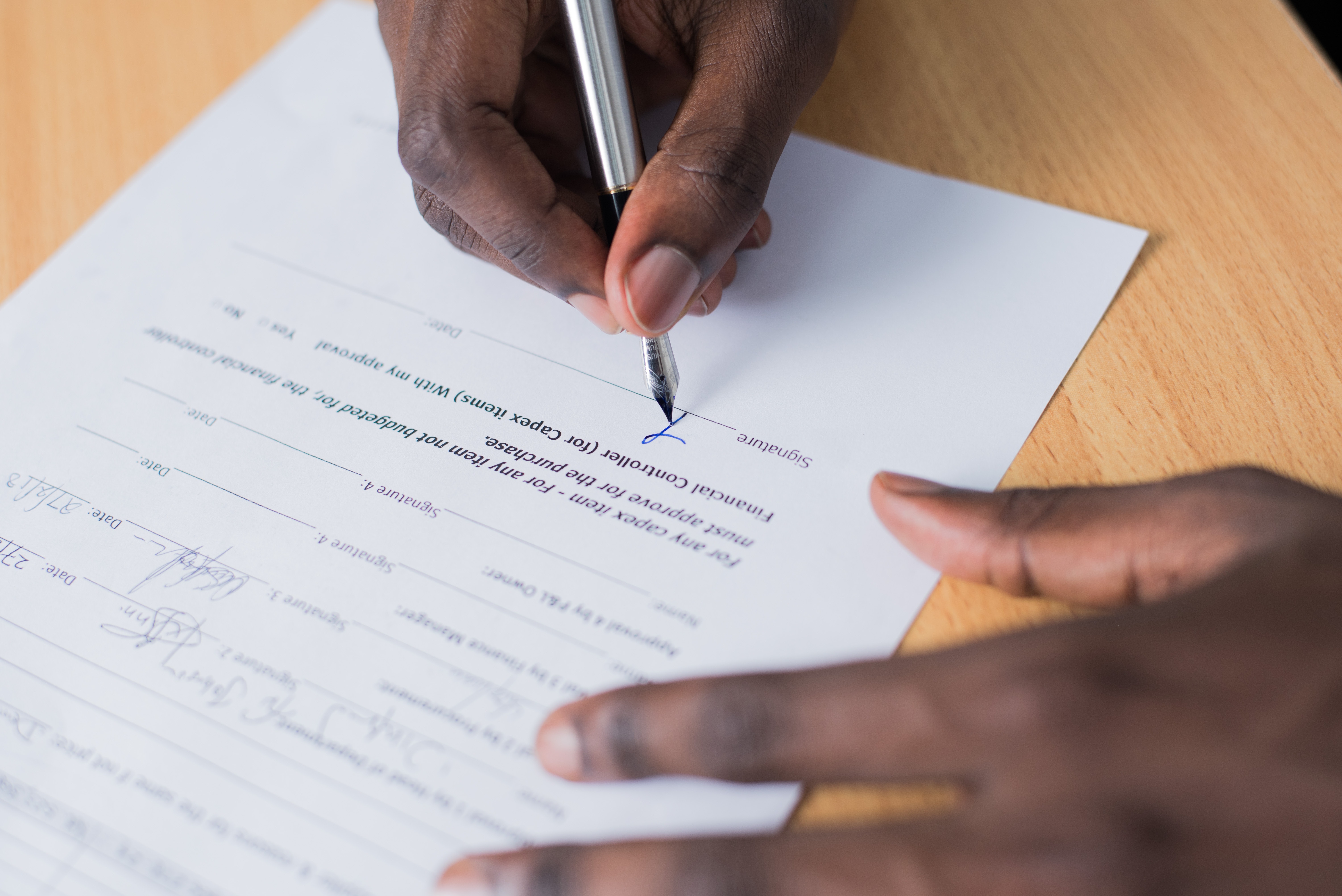The Festival Sponsorship Agreement.

Sponsorship is a key part of any festival and provides essential revenue to contribute towards covering operating costs For anyone new to doing sponsorship deals for festivals the creation of a professional sponsorship agreement can help establish a formal relationship and define what each party will deliver.
The financial planning for festivals will include all operating fixed and variable costs along with revenue streams expected. Most festival organisers will plan to cover their costs from ticket sales with vendor pitch fees and sponsorship sales providing the profit element. How the financial planning is conducted may depend on whether the festival is a commercial concern that needs to make a profit or a charitable organisation that has a not a for profit status. Revenue form sponsorship is an important revenue stream no matter what the festival's status and objectives are.
Attracting Sponsors.
Obtaining sponsorship can be very challenging for organisers as they have to demonstrate to any potential sponsor what benefits they will derive from any deal. Having a professionally presented sales pack (printed or digital) will help make a good impression but the contents are equally important. Data on number of visitors and their demographics are key for sponsors to determine of the festival fits their target audience. A good sales team with excellent industry contacts can help source and close any potential deals too.
Agreement Content.
Once a deal has been agreed in principle a formal agreement will need to be drafted and signed by both festival organisers and the sponsor. This should include the fee agreed along with specific terms like the number of guest passes and access to VIP areas. The festival organisers also need to specify any promotional terms for where the sponsor’s brand and logo will appear including the website and social media plus any on-site branding and signage. It may be prudent to make reference to the use of both the festival’s and the sponsor’s brand and logo to avoid any misunderstanding. Aside from these specific references the agreement should also include the standard terms and conditions common In any formal contract including Intellectual Property Rights, Cancellations and Postponement, Term and Termination and the Limitation of liability for example.
Lawyers and Legal Matters.
When preparing any agreement, it is wise to get a qualified lawyer to prepare any wording and check any changes requested by the sponsor. Any agreement will be covered by contract law (in the UK) which can be complex and the services of a lawyer are recommended in the creation and approval of any agreement. An important aspect of UK contract law is that a contract can be formed from a verbal conversation and the written element may just a refection or the terms of that contract which is why they are usually referred to as agreements not contracts.
Festival organisers should ensure that they have sponsorship agreements drawn up well in advance of making any deals. It will not look very professional of a deal is made but the organiser then struggles to deliver a well-prepared agreement quickly.
For festival organisers planning their events using a software management platform like Festival Pro gives them all the functionality they need manage every aspect of their event logistics. The guys who are responsible for this software have been in the front line of event management for many years and the features are built from that experience and are performance artists themselves. The Festival Pro platform is easy to use and has comprehensive features with specific modules for managing artists, contractors, venues/stages, vendors, volunteers, sponsors, guestlists, ticketing, cashless payments and contactless ordering.
Photo by Cytonn Photography via Pexels
<< Back to articles
Contact us
Get in touch to discuss your requirements.
US: +1 424 485 0220 (USA)
UK: +44 207 060 2666 (United Kingdom)
AU: +61 (2) 8357 0793 (Australia)
NZ: +64 (0)9887 8005 (New Zealand)